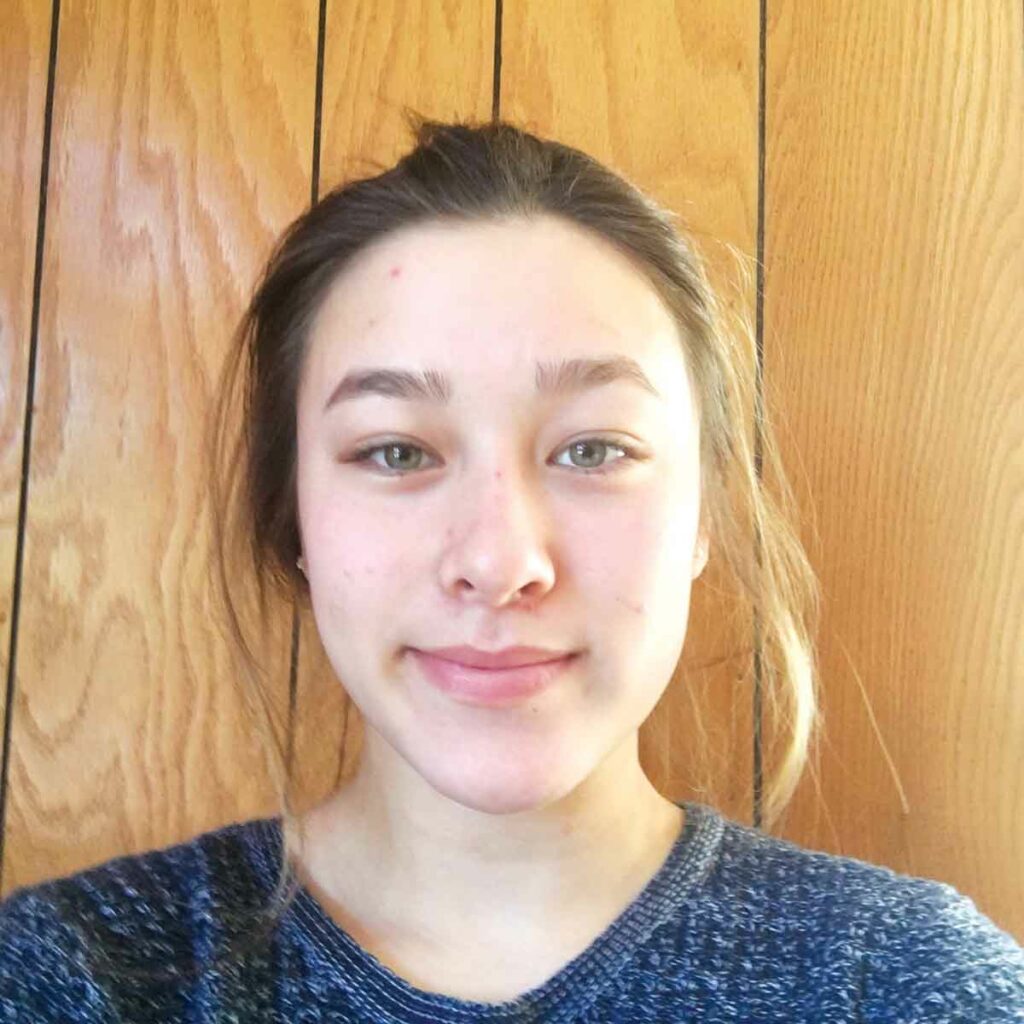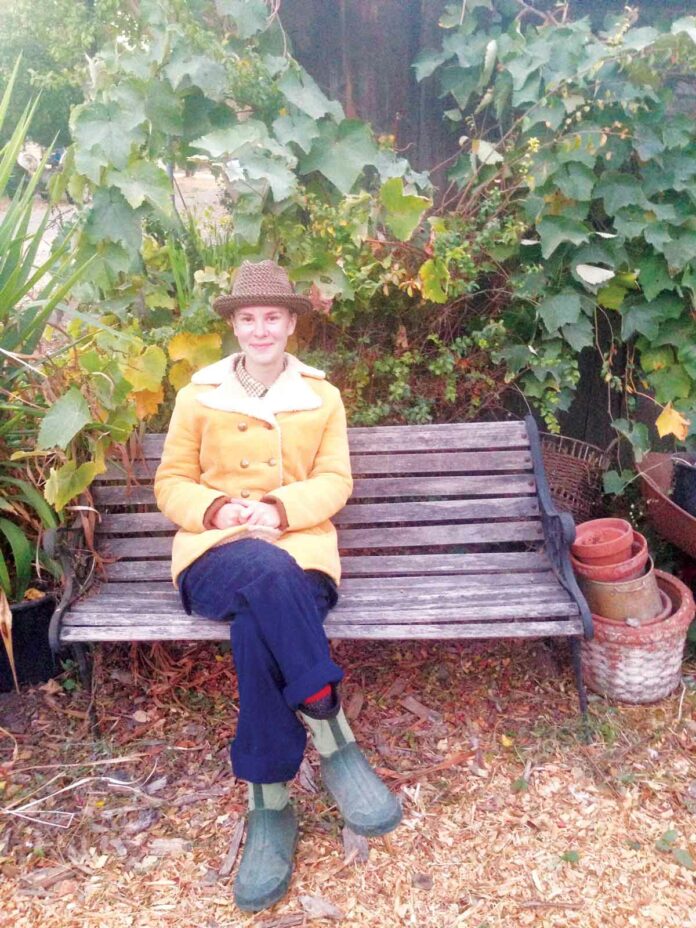Talk to the experts—the psychiatrists and the psychologists—and they tell you that Covid-19 has spelled disaster for American teens. It’s true that for many kids, the pandemic has felt like an affliction. Online classes are horrid. Not seeing friends is a curse. Being cooped up with parents feels hellish. What’s a teen to do, but complain? Not even smart phones have helped, and so far neither has formal education. When there’s only distance learning, the social fabric tends to fall apart.
Across the nation, thousands of kids have abandoned schools and been declared “missing” and “disappeared.” Social workers try to find the disappeared and lure them back to classrooms.
So, yes, teens are hurting. But they’re also figuring out ways to survive, thrive and heal.
When I was a teen we didn’t have a pandemic, but he had the Cold War and the fear that the Russian would bomb us, we’d bomb them and the world would end. We coped by turning to rock ’n’ roll, movies like Rebel Without a Cause and the nascent civil right movement. Teens today have similar options.
Local Teens and the Pandemic
Siena, 16, divides her time between her mother’s wooded 23-acre property and her dad’s nearby seven-acre farm. Unlike many of her peers, Siena has been mentally and physically healthy all year. She’s an exception to the rule. “I know too many people who are lonely and depressed,” she tells me.
Siena’s parents separated and divorced years ago. In the aftermath of a broken marriage, she learned to survive and thrive. Unlike some of her peers, she has not turned to the Sonoma County Office of Education, which offers information about the pandemic, distance learning and academic support. Nor has she called the “warmline,” which offers free emotional support for those suffering from distress and anxiety.
In many ways, Siena’s parents, Kristie and Roy, are her support network and their farms are her healing environments. Kristie raises goats and horses. Roy raises pigs, sheep and chickens. Siena probably knows as much about the birth, death, breeding and feeding of barnyard animals as she does about humans.
“I don’t have loads of friends, I’ve never been to a party and I’m not that much of a social person,” she tells me.
At Kristie’s, she can watch TV and enjoy take-out pizza. Not at her dad’s, where there’s no TV, no take-out food and no central heating. His solar panels work nicely on sunny days, but not when it’s overcast. For several winters, Siena made her home in Roy’s teepee; now she sleeps on the second floor of an old barn. You might call it roughing it, but she doesn’t mind.
During the pandemic, she has cultivated pen pals from around the U.S. and the world, too. A letter in the mail from Japan, Italy or Slovenia makes her day. So does music, which she calls “my closest friend right now.” Like her parents, she heeds the call of rock.

Millie, 16, lives in a three-bedroom house with her younger brother, Milo, her Japanese-born mother and her American father. She has tons of friends, but because of Covid-19 her father won’t allow her to see them or hang out at her favorite skateboard park. She’s an unhappy camper and can be grumpy. Dad sends her to her room, but she bounces back and keeps trying to find ways to skate safely.
Millie’s classes are online. There’s no WiFi at her home so she has to travel to a cold, drab office to do school work. I’ve observed her on the computer. She seems bored in the way a prisoner might be bored. Predictably, her grades have plummeted during the pandemic. It’s the same story for thousands of other students.
One of Millie’s teachers, Mr. Weaver, knows the stress teens are feeling. His own kids have told him they’ve wanted to quit school. “And they’re smart,” Millie says. She adds, “My relationship with my mom has improved in the pandemic and it has gotten worse with my father. I don’t want to spend the whole winter around my family.”
Nancy, a Sonoma State University graduate, has a husband and two teenagers who were straight “A” students until the pandemic hit. “Zoom gloom,” Nancy wrote to me on Facebook. She added, “My teens are definitely feeling stressed being stuck with their parents when all they want to do is be with friends and ‘be free.’”
When her daughter told her, “I hate you,” Nancy described herself as a “punching bag.”
She adds, “I try to motivate my kids to wake up in the morning for another day of online school.” No easy task.
“It will be interesting to see the long-term effects of the pandemic on this generation of kids,” Nancy says.
Millie gets herself up in the mornings; she works at a food truck serving Japanese cuisine. She has worked all through the pandemic, making money and saving it, but she says, “The negatives of the pandemic outweigh the positives.”
Siena’s reading is a part of her salvation. She was recently inspired by Sue Monk Kidd’s The Invention of Wings, a fictionalized account of the 19th-century abolitionist sisters, Sarah and Angelina Grimké, though she’s also read dystopian fiction including 1984 and Brave New World.
The other day, when I visited Roy’s ranch, Siena picked persimmons from a tree and fed the baby chicks, which are growing fast. Therapy for the pandemic. Siena also did assignments for school. “There’s always homework,” she says. “Teachers give us too much.”
Recently, Siena came up with a list of things to do to mitigate climate change. I think they can also help in the pandemic: consume less; live, buy and work locally as much as possible; be physically fit; grow vegetables; drive a car as little as possible; and “make as many community bonds as possible.”
In the midst of the pandemic that last suggestion is challenging. “I’m not hopeful,” Siena tells me. “But that doesn’t mean all hope is lost.”
Jonah Raskin is the author of “Field Days: A Year of Farming, Eating and Drinking Wine.”









